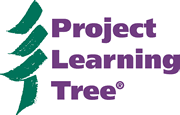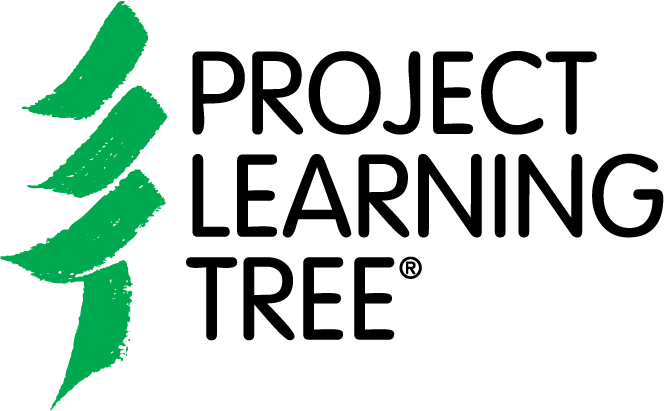Students adopt the roles of community members to debate solutions to an issue related to forests
and watersheds. They then plan to take action to help address a community watershed topic.
For the complete activity and more like this, purchase the Forests, Water & People activity collection at Shop.PLT.org and/or attend a professional development training in your state.
Below are some supporting resources for this activity.
ADDITIONAL RESOURCES 
The following tools and resources may be used to enhance the activity.
-
Water Cycle Poster
This rendering of The Water Cycle is found on page 209 of PLT’s Explore Your Environment: K-8 Activity Guide and on page 38 of PLT’s Forests, Water & People. The water cycle is really a simplified model for looking at the “journey” of a water molecule. The image depicts the constant movement of Earth’s water as it evaporates from Earth’s surface, rises into the atmosphere, cools and condenses into rain or snow in clouds, and falls again to the surface. Use this file as an image projection, printed poster, or student handout.
-
Meaningful Watershed Educational Experience (MWEE)
This learner-centered educational approach focuses on investigations into local environmental issues and leads to informed action. Access detailed information about how to plan and implement a MWEE project, which includes planning tools and student worksheets.
-
Fresh Solutions: Water Use and Conservation
Explore videos from the California Academy of Sciences explore today’s environmental issues related to water use, from water shortage to waste water recycling. Intended for middle school students, these short videos come with background information for better understanding. You can extend the concepts covered by facilitating a student-led discussion or making connections to the Next Generation Science Standards.
-
WikiWatershed
This web toolkit is designed to help middle, high school, and college educators and students – as well as citizens, conservationists, municipal decision-makers, and researchers – advance their knowledge and stewardship of fresh water. Developed by the Stroud Water Research Center, the toolkit enables users to share watershed-model scenarios, watershed-monitoring data, and watershed-management stories as an open, collaborative community. Learn more and access archived training webinars for educators at www.wikiwatershed.org.
-
The People Speak Global Debates
This UN Foundation will work with high school students across the U.S. and select countries. During a ten-day period in October 2007 and March 2008, students across the globe organized public debates in their high schools and coordinated a global vote on the debate topics. You can view the debates and student created media on The People Speak.
-
EnviroAtlas
EPA’s new EnviroAtlas tool is designed to help communities and researchers make informed planning and policy decisions related to the environment and ecosystems. EnviroAtlas provides datasets and interactive tools to allow users to explore the many benefits people receive from nature, often referred to as ecosystem services. EnviroAtlas includes over 300 data layers, letting users analyze how decisions affect ecosystems and their ability to provide goods and services. Key components include:


